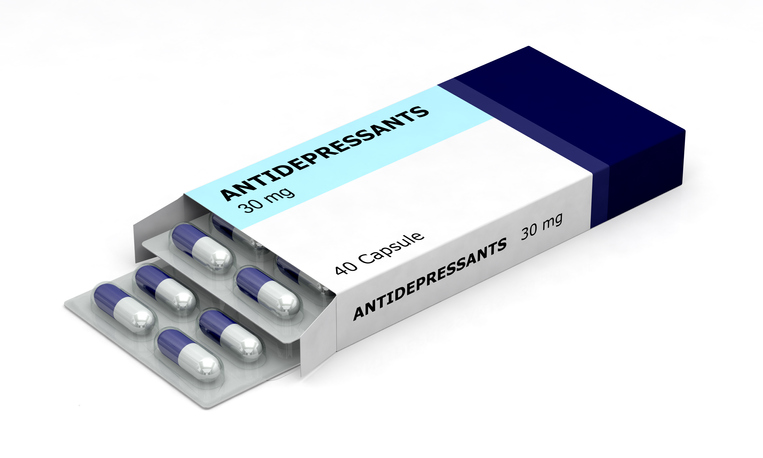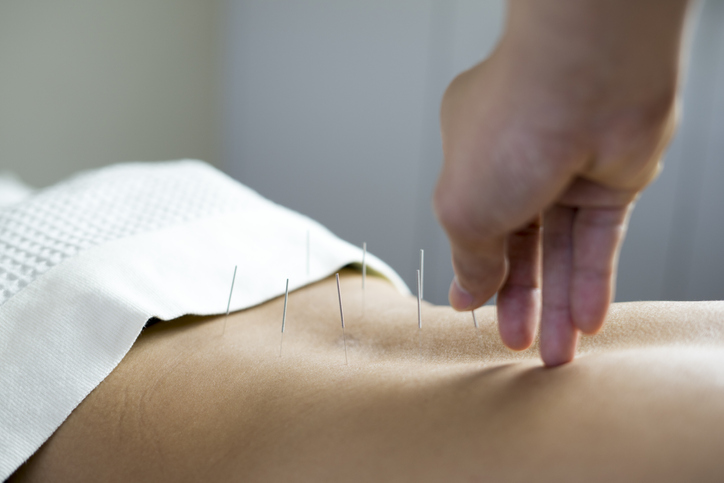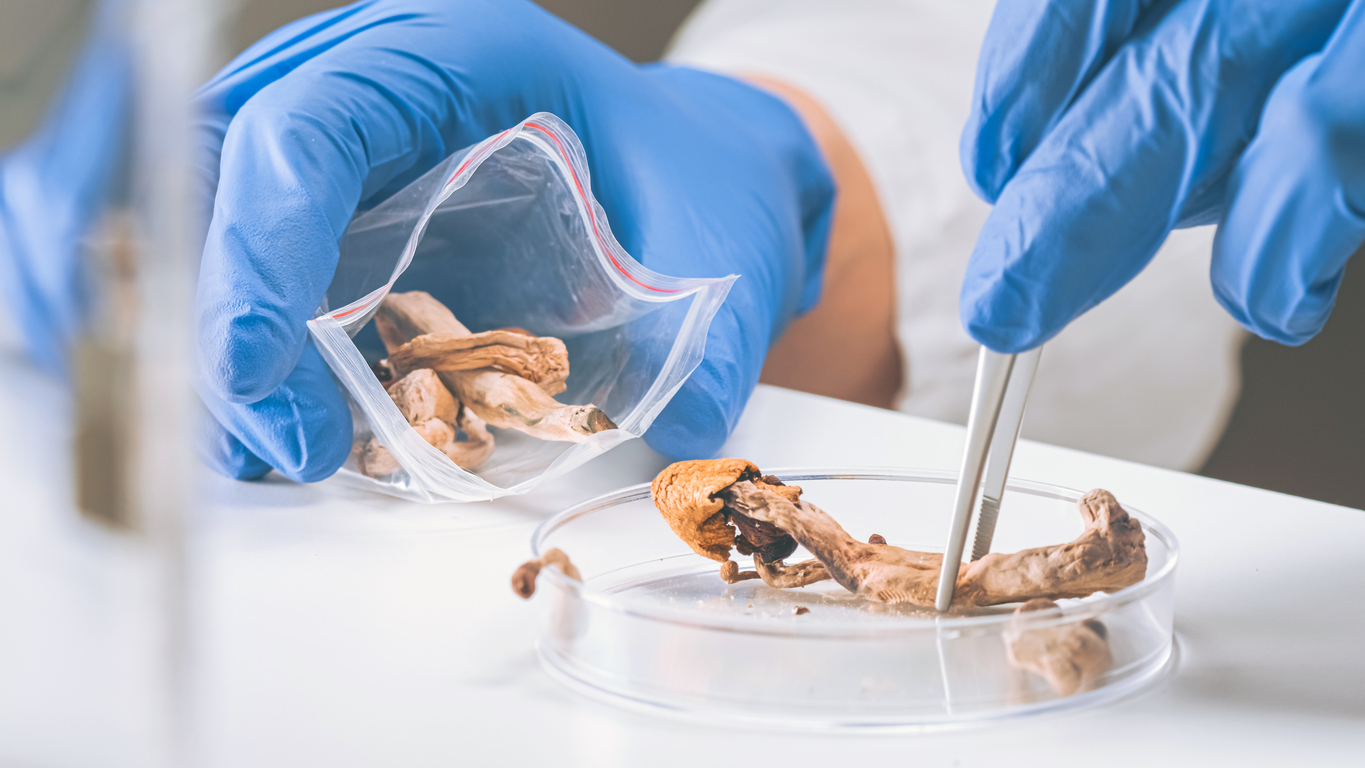Treatments
Dry Mouth and Dry Eyes

Most people experience dry mouth or dry eyes at some point in their lives. However, if they occur concurrently or chronically, a health care professional should be consulted.
Dry mouth
Dry mouth is not only irritating and painful, it causes difficulty swallowing due to the lack of moisture in the mouth. Speech and taste can also be affected. If not treated, chronic dryness of the mouth can cause tooth decay, tooth loss, and malnutrition.
Dry eyes
Dry eyes often feel gritty and painful. When the eyes do not have sufficient moisture, it may feel like a foreign object is under the eyelid. If chronic dry eyes are not managed, infection and permanent damage to the eyes may result.
Causes of dry mouth and dry eyes
There are many causes of dry mouth and dry eyes. However, if these two symptoms are concurrent, Sjögren's syndrome, CREST syndrome, lupus, kidney disease treatment, diabetes, intestinal problems, thyroid disease, or rheumatoid arthritis may be to blame.
Sjögren's syndrome
Sjögren's syndrome is an autoimmune disease that impacts both the salivary glands and the tear ducts. Dry mouth occurs because the salivary glands are not producing saliva, and the eyes become dry due to little-to-no moisture production from the tear ducts. The primary symptoms of Sjögren's syndrome are dry mouth and dry eyes.
Sjögren's syndrome is sometimes comorbid with other autoimmune diseases, such as rheumatoid arthritis, lupus, or psoriatic arthritis. Some people with the condition experience many remissions throughout their lifetime, while others only have a few periods of remission or none at all.
CREST syndrome
Limited scleroderma, or CREST syndrome, is also an autoimmune disease resulting in hardened skin. Limited scleroderma has many symptoms, but if the face, neck or digestive tract are affected, dry mouth and dry eyes can result. CREST stands for the following:
- Calcinosis: Calcium skin deposits
- Raynaud’s phenomenon: Narrow blood vessels, usually resulting from an underlying condition
- Esophageal dysfunction: Esophagus problems
- Sclerodactyly: Thickening skin on the fingers or hands
- Telangiectasia: Spider veins
Lupus
Lupus is a systemic autoimmune disease. It provokes the immune system to mistakenly attack the body’s tissues and organs, causing inflammation, swelling, pain and damage to the body. Dry eyes and dry mouth are just a few symptoms of lupus.
Treatment of kidney disease
Kidney disease involves the gradual loss of kidney function. As the kidneys lose the ability to filter the blood and remove waste and extra fluids from the body, a buildup of fluids, electrolytes, and wastes occurs. Dialysis may be required as a treatment option. Hemodialysis involves surgically creating vascular access into the blood vessels. Dry mouth and dry eyes are common symptoms of hemodialysis.
Diabetes
Diabetes is a metabolic disease that affects the amount of glucose in the blood. The body breaks down food and drinks into a simple sugar called glucose. Glucose is then used by the body as a source of energy for the brain, muscle cells, and tissue cells.
Diabetes occurs when the body doesn’t make enough insulin or can’t effectively use insulin, causing the kidneys to work overtime due to sugar building up in the blood. This can cause dehydration, which can lead to dry mouth and dry eyes.
Intestinal disorders
Conditions that influence the intestines or digestion system may cause chronic diarrhea. For example, inflammatory bowel disease (IBD), Crohn’s disease, and irritable bowel syndrome (IBS) can cause diarrhea that results in severe dehydration. This can lead to dry mouth and eyes.
Thyroid disease
Located in the lower front portion of the neck, the thyroid gland releases a crucial hormone that travels through the bloodstream. Thyroid disease is a result of a malfunction of the thyroid gland. This causes too little or too much of the thyroid stimulating hormone, prompting an array of symptoms. Dry mouth and dry eyes are two of the many symptoms.
Rheumatoid arthritis
Rheumatoid arthritis, or RA, is a chronic, inflammatory autoimmune disorder in which the body's immune system mistakenly attacks the body's own tissues. Inflammation occurs in the lining of the joints. The swelling and inflammation can cause dryness in the eyes and mouth.
Diagnosis
A health care professional will gather a health history, discuss symptoms, perform a physical examination, and complete blood work. A referral to a rheumatologist or ophthalmologist may be recommended for further testing. Biopsies from the inner lower lip and various eye tests can be performed to provide an accurate diagnosis.
Treatments
In addition to treating the underlying cause, dry mouth can be eased with over-the-counter products that stimulate saliva. Dry eyes may be relieved with over-the-counter artificial tears. A humidifier may also prove to be beneficial in providing moisture in the air. If these remedies are unsatisfactory, a medical professional may prescribe medications to help manage the symptoms of dry mouth and dry eyes.



















